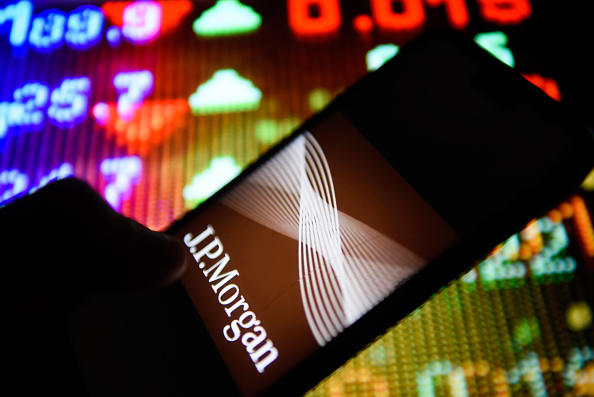JPMorgan Chase will no longer fund private prisons. A spokesperson for the bank informed Reuters of the decision earlier this week.
Immigration activists are applauding JP Morgan’s decision. Private prisons have served as detention centers for immigrants since the government’s increased effort to detain undocumented immigrants.
According to the New York Times, two of the country’s largest private prison companies — CoreCivic and GEO Group — borrowed almost $2 billion from banks, JP Morgan Chase being one them. The Times also reports that 9 percent of the country’s prison population are in private prisons, and three-quarters of immigrant detainees are housed in private prisons.
Last year, activists protested outside of JP Morgan CEO Jamie Dimon’s apartment, highlighting issues with private prisons. Similar protests have taken place for years and many financial analysts and activists have long questioned the ethics and profitability of private prisons.
Changing government policies have had negative impacts on the private prison sector, according to Reuters. In 2016, the Obama administration began phasing out the federal use of private prisons which caused stock in private prison companies CoreCivic and GEO Group to dip; however, the companies recovered after the Trump administration’s reversal of the rule.
GEO and CoreCivic have a long, complicated history. According to Forbes’ Morgan Simon, the two companies have been making millions off mass incarceration for a long time and have spent over $20 million on lobbying over the past 30 years to advocate for harsher immigration and criminal justice laws. These companies bring in massive profits when cells are full of bodies, no matter the circumstances.
Private prisons and the school-to-prison pipeline disproportionately impact Black people and poor communities. African-Americans are incarcerated at five times the rate of white Americans.
Private prisons are supposed to rehabilitate individuals, but many do the opposite and focus solely on making profits. That’s why organizations like Promise and The Last Mile are finding ways to assimilate incarcerated teens and adults back into society.
Although private prisons make up a small portion of JPMorgan’s funding, this move could inspire other major companies to do the same. Wells Fargo also announced it would roll back its relationship with private prisons in January.
















